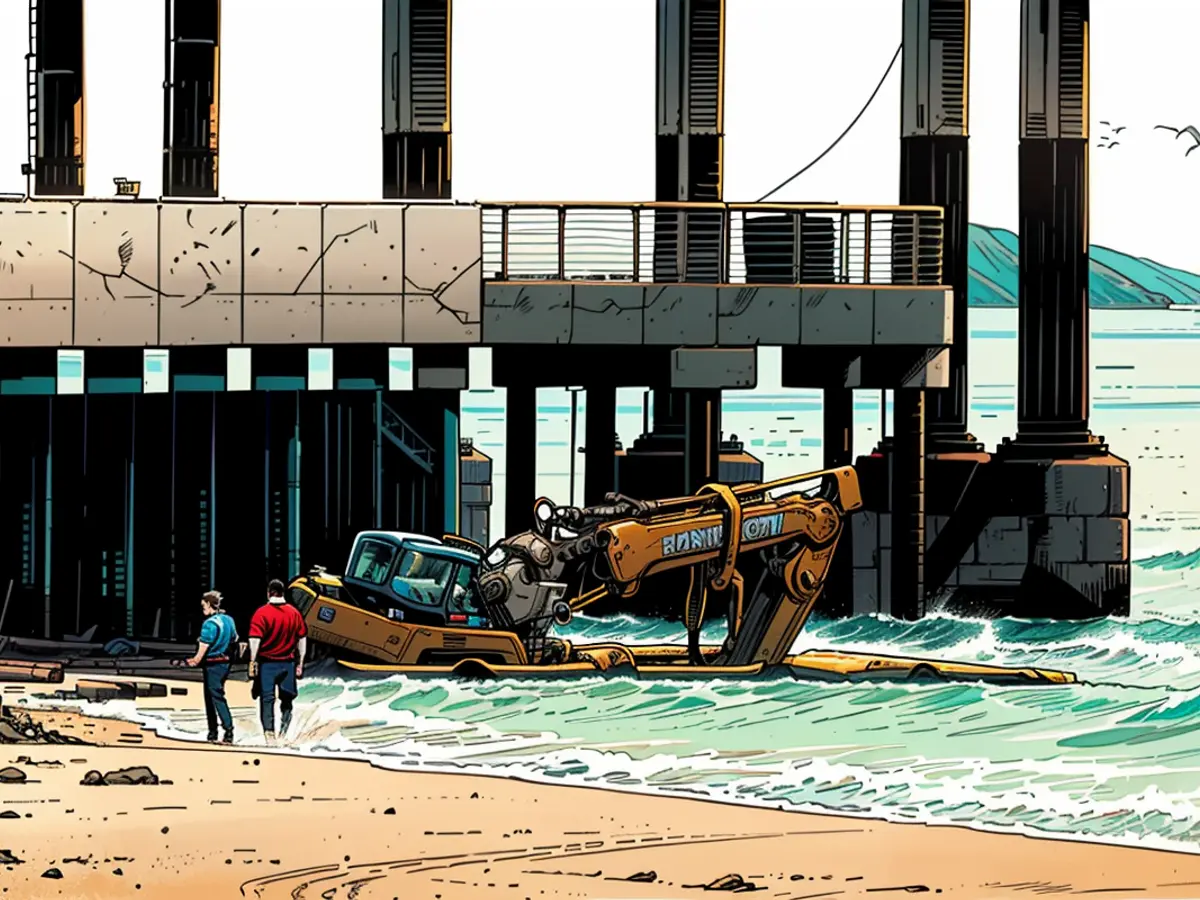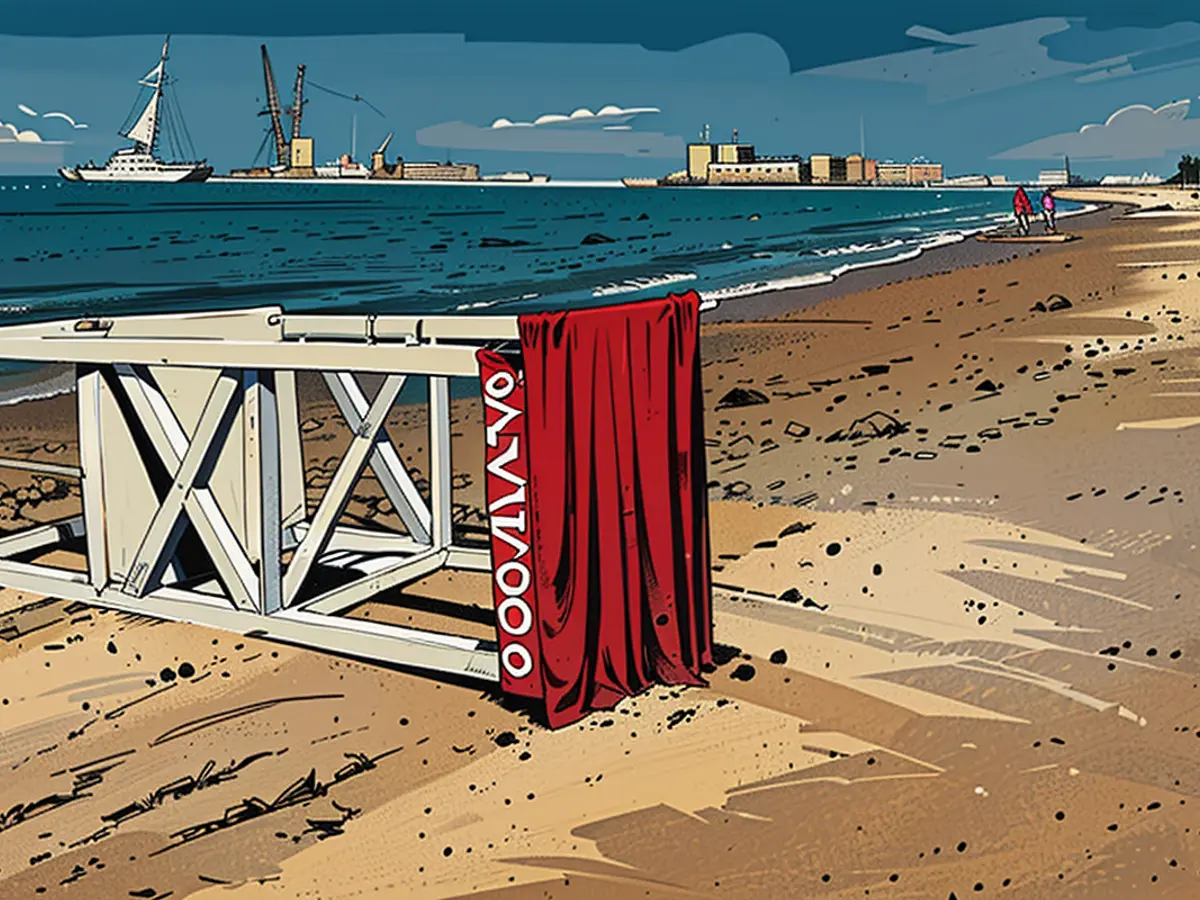Car - Automotive suppliers worried: industry relies on automation
Due to the current weakness in sales and the transition to e-mobility, a number of suppliers in Saxony are struggling to secure their future. Many are purely manufacturing locations, Andreas Wächtler from the industry association AMZ told the German Press Agency. In the district of Zwickau alone, only 6 of 41 suppliers have their own research and development department. The majority of companies are dependent on how the general conditions for production develop. Wächtler therefore sees a need for action above all in energy prices, the availability of personnel and bureaucracy.
"If the tide does not turn rigorously, we will lose many companies," he warned. Many suppliers are dependent on the major car manufacturers. In addition to Volkswagen with its sites in Zwickau, Chemnitz and Dresden, these include BMW in Saxony and Porsche in Leipzig. While the VW plant in Zwickau was a pioneer in the switch to e-cars, there has recently been an increase in negative reports due to sluggish demand and growing competition. This could worsen in 2024 with the discontinuation of the state purchase premium. The mood among employees is tense, according to Works Council Vice President Kristin Oder.
But electric cars are the future, assures Wächtler. "We will see major developments here in the coming years." For example, with regard to battery technology. "The future lies in electromobility," Economics Minister Martin Dulig (SPD) is also convinced. In addition to the factories of the major car manufacturers, the industry in Saxony has around 780 suppliers and almost 100,000 employees. However, many people are currently hesitant to buy electric cars.
Dulig believes that the manufacturers have a duty here - especially in view of the high prices of the vehicles. "I hope that Volkswagen will once again become a car that people can afford." Good leasing offers could help here. Saxony has made good progress in expanding the charging infrastructure, but will not let up. With regard to the transformation of the automotive industry, Dulig describes the current situation as a dent. "We must ensure that this dent is overcome and that we remain the number one e-mobility country in Europe." Every fourth fully electric car built in Europe comes from Saxony.
"We are in the process of pushing new topics," explained Wächtler on behalf of the suppliers in the Free State. One important field is automated driving. He referred to the CADA alliance in Chemnitz, for example, which includes companies such as FDTech, Baselabs and Intenta. The area is very software-heavy. The aim is also to establish a project in the Zwickau/Chemnitz region in order to better test automated driving on the road. This also involves the transportation of goods.
Wächtler also sees potential in automation and robotics in production. On the one hand, this would enable companies to reduce personnel costs and counter the shortage of skilled workers. On the other hand, the industry could gain a head start. This is because many foreign car manufacturers rely on little diversity - for example in terms of the color and equipment of their vehicles. "If we manage to fully automate production in a wide range of variants, we would have an important unique selling point." There are good links to research institutions in the region for this.
CADA network AMZ on structural change in the automotive industry
Read also:
- A clan member is punished here
- Traffic lawyer warns: Don't talk to the police!
- Will he be convicted as Jutta's murderer after 37 years?
- He also wanted to kill his cousin
Source: www.stern.de







